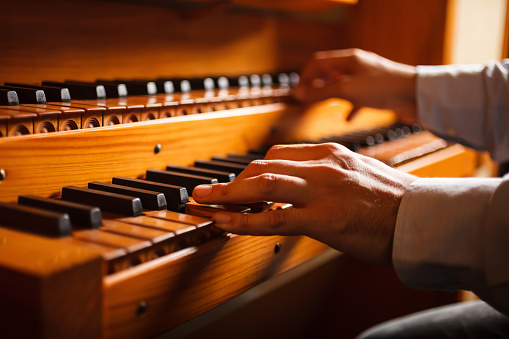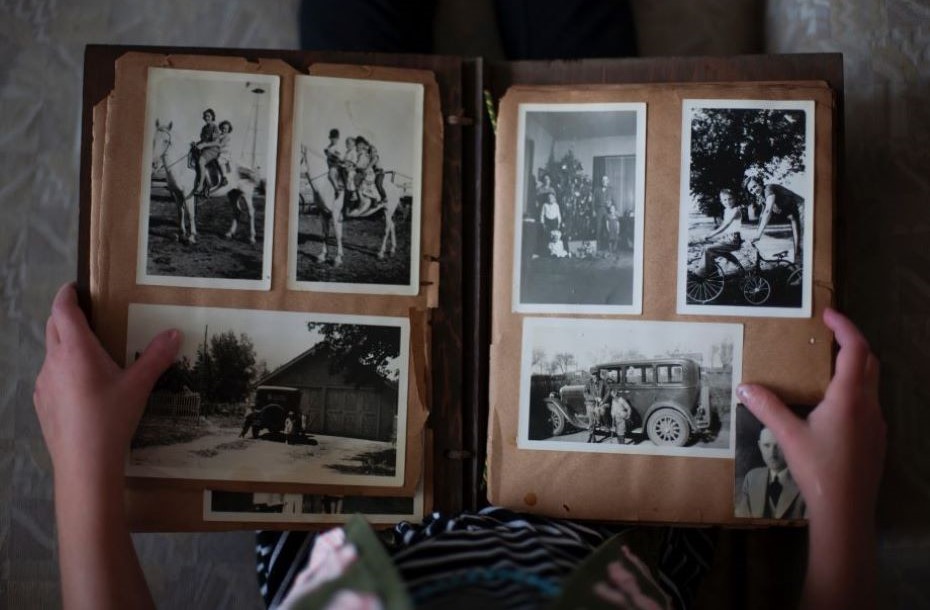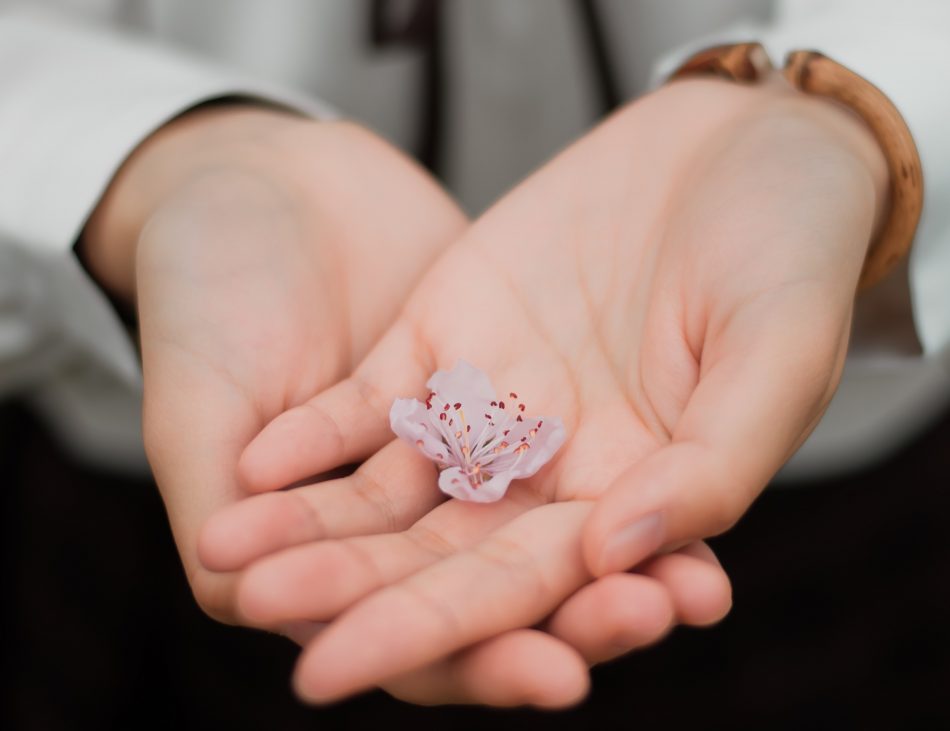Over the last decade the world has lost many revered and respected icons, at times unexpectedly, leading to a profound impact on some people.
But why do we feel the death of a stranger – although a celebrity – so much?
Recent years have seen deaths among the stars of stage and screen, people like Carrie Fisher, Robin Williams, Chadwick Boseman, Naya Rivera and Sean Connery. Then there are the superstar musicians who each brought their unique magic to the world, such as Prince, George Michael, Aretha Franklin, and David Bowie. We’ve also lost Aussies that were close to our hearts like Carla Zampatti, Malcolm Young, Phillip Hughes and Michael Hutchence. Others include authors and poets who transported us to other times and places with the power of their words, including famous names like Harper Lee, Umberto Eco, and Maya Angelou.
Then there are the artists, athletes, activists, and public figures. The list goes on and on.
The death of a celebrity can be a shock that many do not expect. While some people lean into their grief, others are surprised to experience such a strong personal reaction.
The first thing to know is that it’s OK to grieve
There’s nothing wrong with mourning the death of a celebrity.
We grow up with them, see their movies, hear their music, and read their books. And we remember where we were when we heard of their death.
Most of us have never met these celebrities, so we might wonder why we are so sad and whether it is normal – which it is. In fact, in this age of digital and social media, our feelings of loss can be intensified by the outpouring of news articles and social media updates appearing at lightning speed. There is a sense of community in the ability to share in the death and support others in their grief.
Why do we grieve the death of a celebrity?
The truth is, there’s no rulebook when it comes to grief. It may be hard to pinpoint why such intense emotion manifests how it does, but that does not mean it’s invalid – even when it comes to grieving a celebrity.
Here are five reasons why we may grieve a celebrity death.
Reason One : We don’t know them, but we know them.
They’ve been a regular part of our lives – in the TV shows, movies and music that defines special moments. We’ve seen them grow and change, and we often feel connected to those changes.
Reason Two: We feel connected to them.
These connections aren’t just about how much we love, appreciate and respect the celebrity. Sometimes they’re because they remind us of ourselves – they may have a connection to a particular moment in our past.
Reason Three: We connect with the way they died.
Whether it’s an accident, disease, suicide or any other type of death, it can hit a nerve. We may have struggled with the same thing or have lost someone close to us in the same way.
Reason Four: We see it everywhere.
Each time we turn on the TV, listen to the radio, log in to social media we hear the news again, and the constant exposure can be overwhelming, making it harder to deal with challenging emotions.
Reason Five: We know they’ll never create anything new again.
People might say ‘at least we still have their work’. But that doesn’t mean there isn’t a deep sense of loss that they’ll never create anything new. So we can simultaneously feel grateful for the work that exists while still grieving for lost potential.
But grieving can also be a good thing. It’s not surprising that many people feel sadness or grief when a favourite celebrity dies, and these feelings can be good for us as:
It heightens our sense of empathy and understanding for those who are suffering.
Some celebrities die peacefully after long and happy lives. Others die after hard-fought battles with disease or addiction. Unfortunately, stars aren’t alone in their struggles with disease and illnesses like depression, drug abuse and alcoholism. Yet, their deaths can help us better understand particular diseases and heighten our empathy for those suffering from them.
Our feelings can provide clues about what’s missing from our life.
News of a celebrity death can transport us back to a time where their work was a source of joy, affirmation or comfort. Hearing a song may take us back to a teenage party. Watching a movie might remind us of a first date. A brief journey back to our adolescent years can help us identify what’s important and figure out ways to reintroduce some long-lost passions, goals and dreams into our lives.
Collective mourning connects us to a larger community.
Collective mourning helps to connect us in meaningful ways, such as discovering a shared fondness for a particular film or song brings us closer to others. It reminds us that we’re part of a particular generation – whether Baby Boomers, Gen X, Gen Y or Millennials – and helps us celebrate the cultural touchstones that define us.
It brings up the big questions.
Most of us don’t usually take the time to ponder some of life’s most important questions. What is a life well-lived? What imprint do we want to leave on the world? What do we fear most about our own death?
Our busy lives leave us with less time for personal connection and conversations about significant issues. Celebrity deaths help us realise that we’re part of something bigger and more profound than ourselves, and remind us that we’ll all die someday. The recognition of the inevitable can help us to appreciate what we have before it is gone.
If you would like to know more about grief, check out the related articles below.
The information on this website is for general information only and are not (and nor are they intended to be) a substitute for professional medical or mental health advice, nor is it used for diagnosis and treatment. You, or anyone you are concerned about, are encouraged to seek professional medical or mental health advice and treatment from suitably qualified medical and clinical practitioners and providers.
Our full terms and conditions are available here
If you are in crisis or think you may have an emergency, immediately call Emergency 000. If you're having thoughts of self-harm or harm to others call Lifeline on 13 11 23 to talk to a skilled, trained counsellor. If you are located outside Australia, contact your local emergency line directly.






